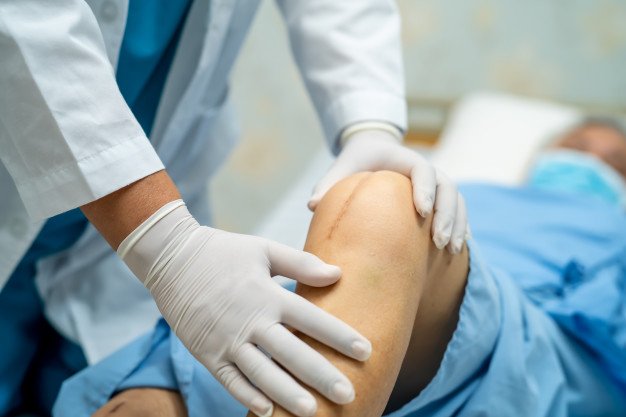
Joint replacement is typically recommended for conditions such as severe arthritis, long-term joint wear and tear, trauma, or joint disease. Along with surgery, patients may also benefit from exercise programs, physiotherapy, and lifestyle modifications to reduce stiffness and pain.
Different Types of Orthopedic Therapies at Orion Hospital
Orthopedic Surgeons often specialize in different subfields of orthopedics. Common areas of expertise include:
- Hand and Upper Extremity Care
- Ankle and Foot Disorders
- Musculoskeletal Oncology (Bone Tumors)
- Pediatric Orthopedics (Children’s Bone & Joint Care)
- Sports Medicine & Injury Management
- Spinal Surgery
- Trauma Surgery
- Joint Replacement Surgery
Being diagnosed with an orthopedic condition may seem overwhelming, but most disorders have highly effective treatments. With proper medical care, many patients achieve long-term relief and regain mobility. Some orthopedic issues develop gradually due to lifestyle and posture habits, making early diagnosis and treatment critical for better outcomes.
FAQ
What Questions Would You Ask Your Orthopedic Doctor?
It is always helpful to ask your orthopedic doctor questions regarding your diagnosis and treatment. Writing down queries before your visit ensures you get clarity on all concerns. During your consultation, note or record your specialist’s responses so you can review them later.
What to Expect During a Consultation?
During the initial consultation, the orthopedic specialist will conduct a detailed physical examination and may order X-rays or other diagnostic tests. In some cases, in-office procedures such as injections for diagnosis or pain relief may be performed. Additional imaging like MRI or CT scans may be recommended to confirm the diagnosis and develop a tailored treatment plan.
Can orthopedic conditions be treated without surgery?
Yes. Many orthopedic issues are treated with physiotherapy, medications, lifestyle modifications, injections, or regenerative therapies before surgery is considered. Surgery is recommended only when necessary.
Is joint replacement surgery safe?
Yes. At Orion Hospital, joint replacement surgery (hip, knee, shoulder, ankle) is performed using advanced techniques and modern implants, ensuring faster recovery, reduced pain, and long-term mobility improvement.
How long does it take to recover after joint replacement?
Recovery time depends on the joint replaced and the patient’s overall health. Most patients begin walking with assistance within days and resume normal activities in a few weeks with physiotherapy.
